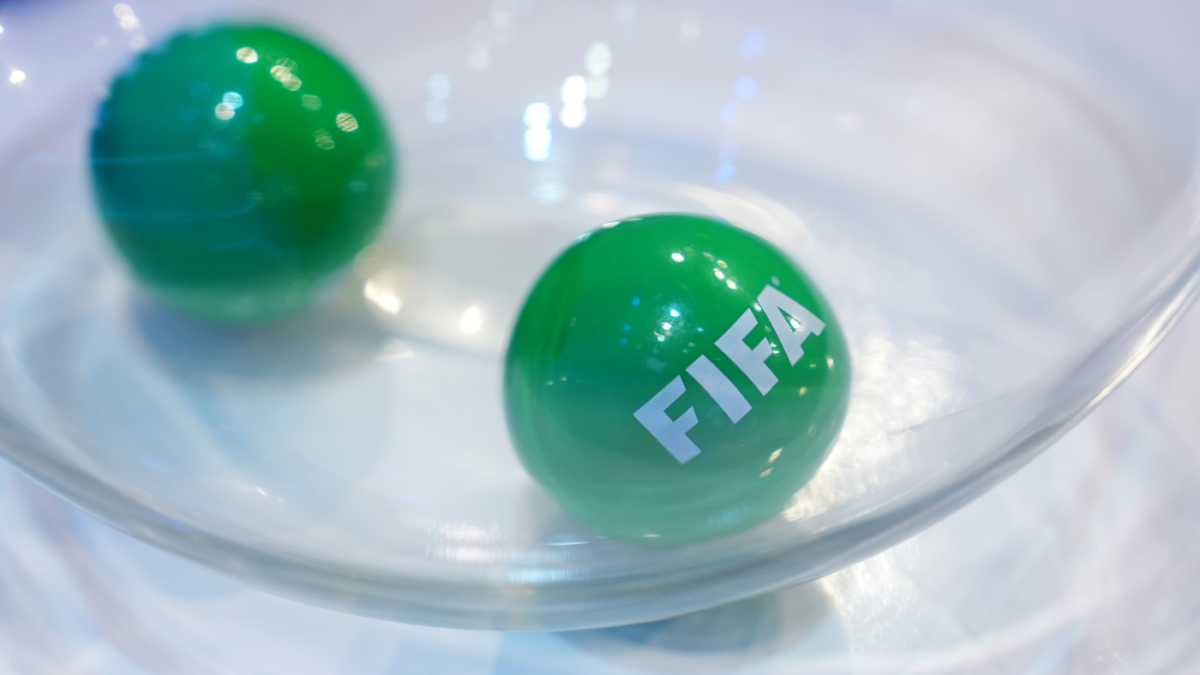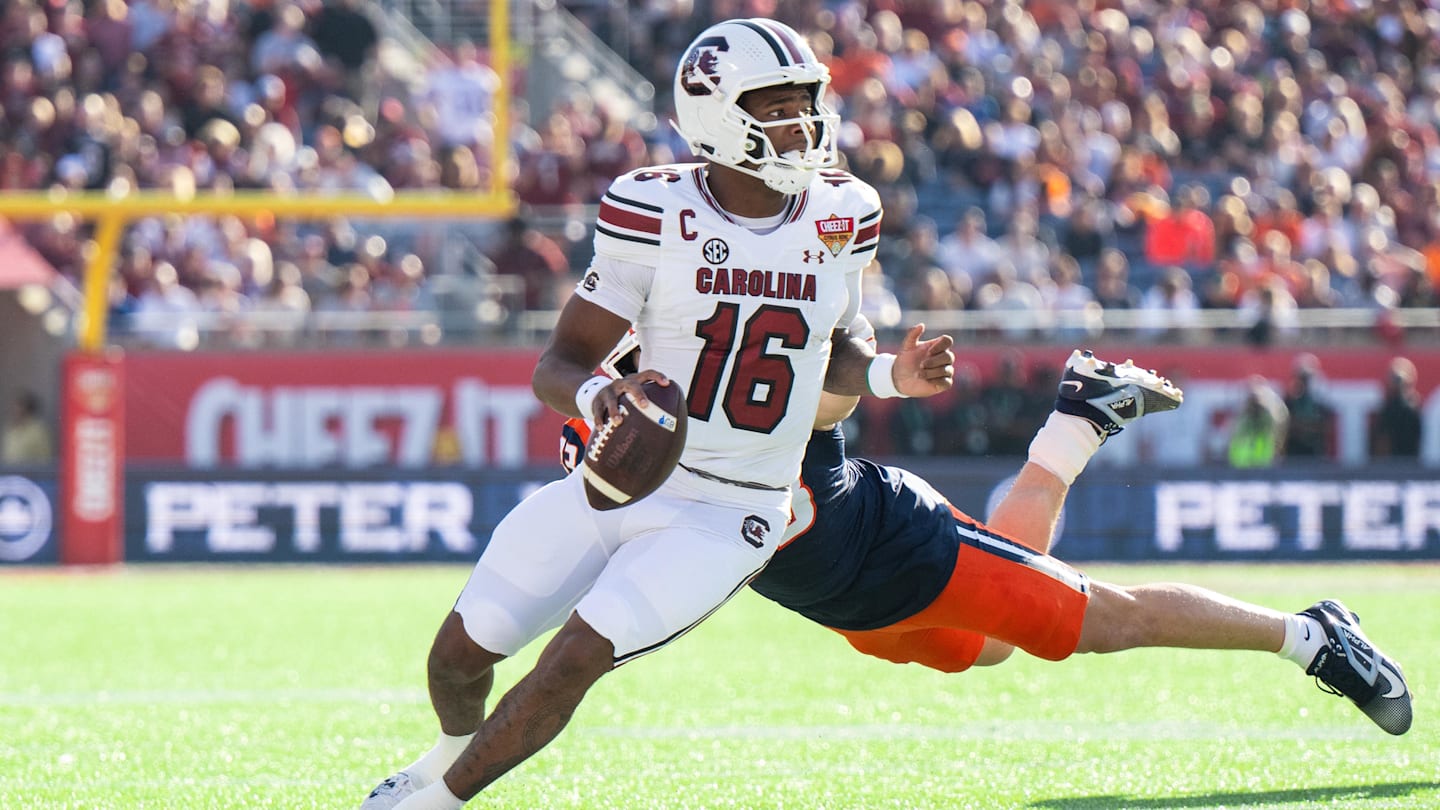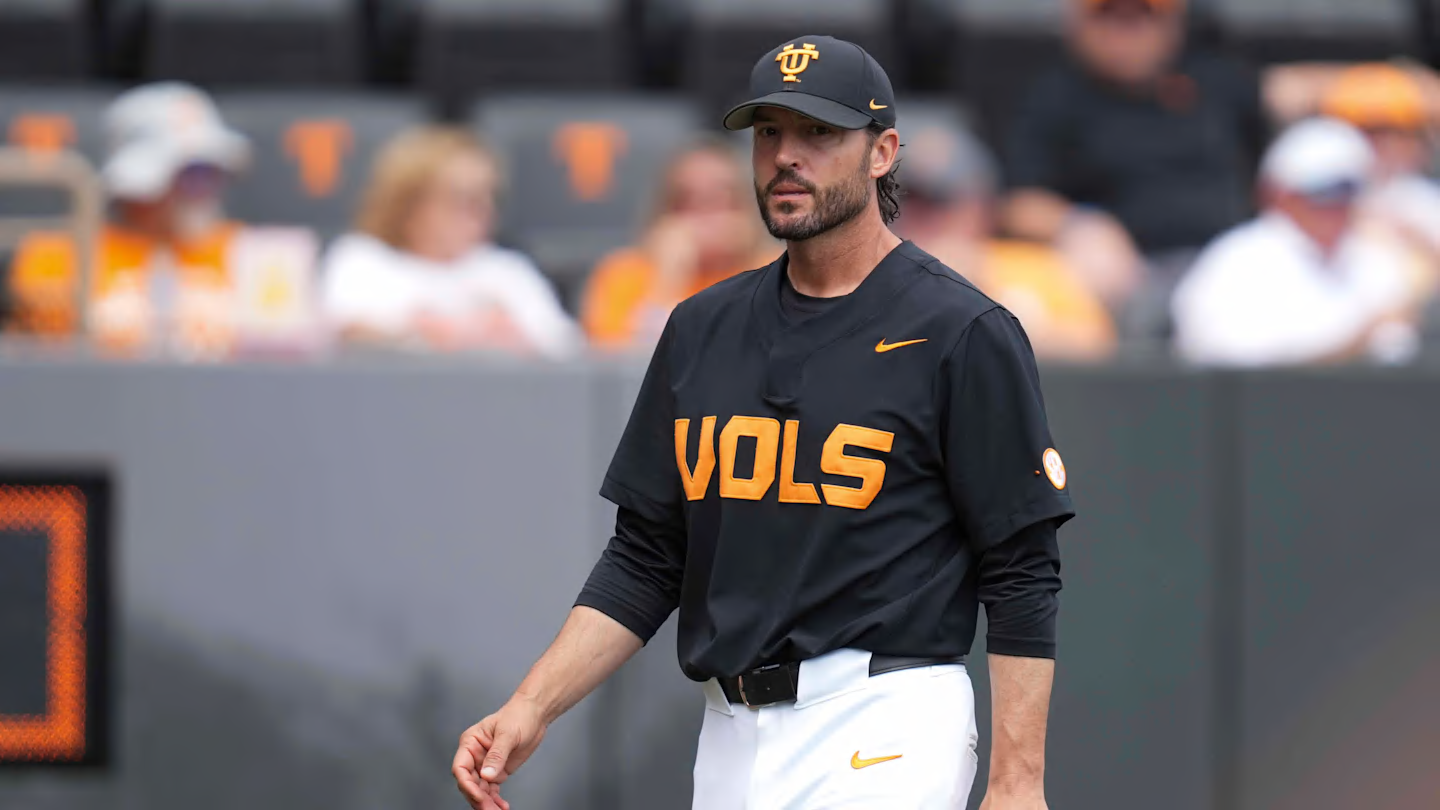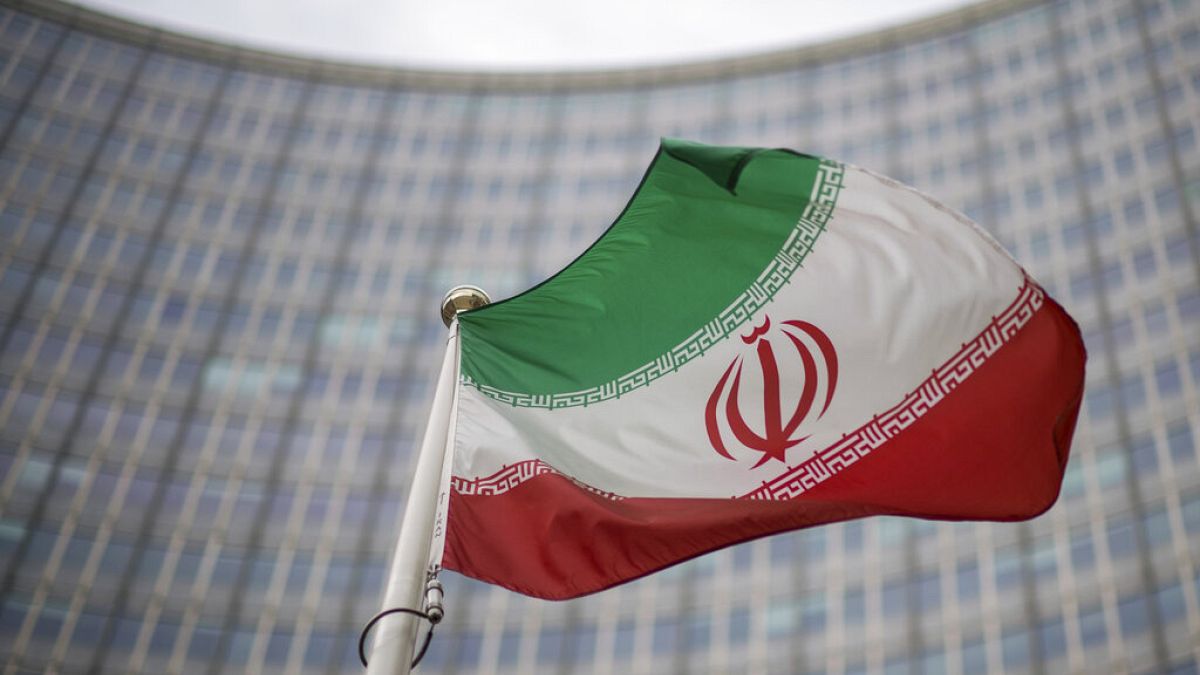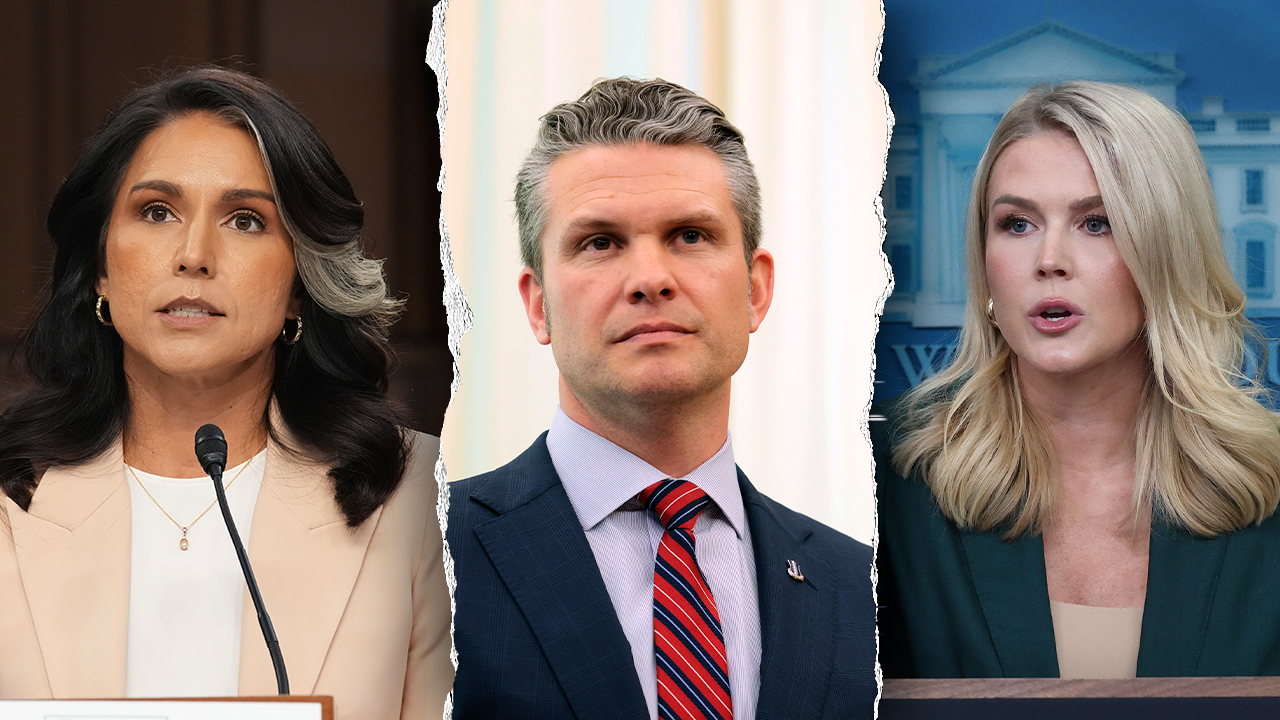Refining a popular NFL adage, Seattle Seahawks outside linebacker Derick Hall said, “Pass rush wins championships.”
The former Auburn standout contributed eight sacks and 20 quarterback hits toward winning a title for Seattle last season, but the Seahawks finished tied for eighth in the NFL with 45 sacks and missed the playoffs despite a 10-7 record.
For 2025, Seattle returns its top four in sacks and signed four-time Pro Bowl defensive end DeMarcus Lawrence after he played 11 seasons with the Dallas Cowboys.
“They pay guys to sack quarterbacks,” Hall said during an appearance on KIRO-AM’s “Seattle Sports.” “And, I mean, I feel like if you do that, there’s no chance for the offense to be able to get going, so I think being disruptive at the front is huge. And I think that shows the importance of Coach Mike (Macdonald) and (defensive coordinator Aden Durde) and these guys here. I mean, they bring guys in for the front to be stout. I mean, from top to bottom, we have ones and twos who can go out and be a starter on a lot of teams across this league.”
A second-round draft pick from Auburn in 2023, Hall played in every game as a rookie, but he made more contributions on special teams than on defense. In 2023, Hall did not have any sacks and recorded three quarterback hits as he got on the field for 307 defensive snaps and 287 special-teams plays. Last season, Hall had 674 defensive snaps and 90 special-teams plays as he started 14 of Seattle’s 17 games.
“I think just knowing what to expect,” Hall said about the difference between Year 1 and Year 2. “Like, your rookie year, you’re coming to a new place. You don’t know what’s around. You don’t know nobody. You’re moving out by yourself. You got to find a home. Like, there’s just so much that go into a rookie season, so many challenges and different things that you have to face and then worry about playing ball and then worry about trying to meet the guys and then worry about trying to fit in and how this is going to go, how that’s going to go. You know, it’s a lot that’s on your plate.
“And I feel like you worry so much about trying to be in the present moment that you really forget what got you here, and that’s continue to do what you did every day to play the game. And I felt like there was a lot of struggles my rookie year from that, and then you also want to grow so fast. Come from being so successful in college and then getting here and not being so successful. You, like, wonder, like, ‘What am I doing wrong?’ It’s not what you’re doing wrong. It’s what you’re doing right to be able to continue to grow. And I feel like that’s what helped me out from Year 1 to Year 2 is just continue to come out, put my best foot forward every day, not worry about the mistakes, because mistakes are going to happen. Just continue to play fast, be team-oriented and continue to try to help this team grow. And I feel like that showed a lot.”
Hall registered his first NFL sack in the Seahawks’ 2024 season-opener, when he took down former Auburn teammate Bo Nix in a 26-20 victory over the Denver Broncos on Sept. 8.
Two weeks later, Hall made his first NFL start and recorded two sacks and four quarterback hits in a 24-3 victory over the Miami Dolphins.
“That was, like, my first true game where I’m like, ‘Wow, like, OK, I can truly do this. Yeah,’” Hall said. “And I feel like as a rookie, that’s the stuff you battle. Like, am I really good enough to play in this league?
“And coming into Year 2 and being able to put my best foot forward, going through preseason, having a great preseason, great training camp, getting into the season, first game against the Broncos, got my first sack. Boom. That’s off the board. You get to New England, have some really good rushes, playing good ball. Then Game 3, oh, you’re starting, by the way. Like, ‘Oh, OK.’ Just trying to take it all in, process it, being able to go out and just play ball, and I think that that’s the game that it really, really just broke open for me.”
The Seahawks have two days of mandatory minicamp remaining to finish their offseason program.
FOR MORE OF AL.COM’S COVERAGE OF THE NFL, GO TO OUR NFL PAGE
Mark Inabinett is a sports reporter for Alabama Media Group. Follow him on X at @AMarkG1.

